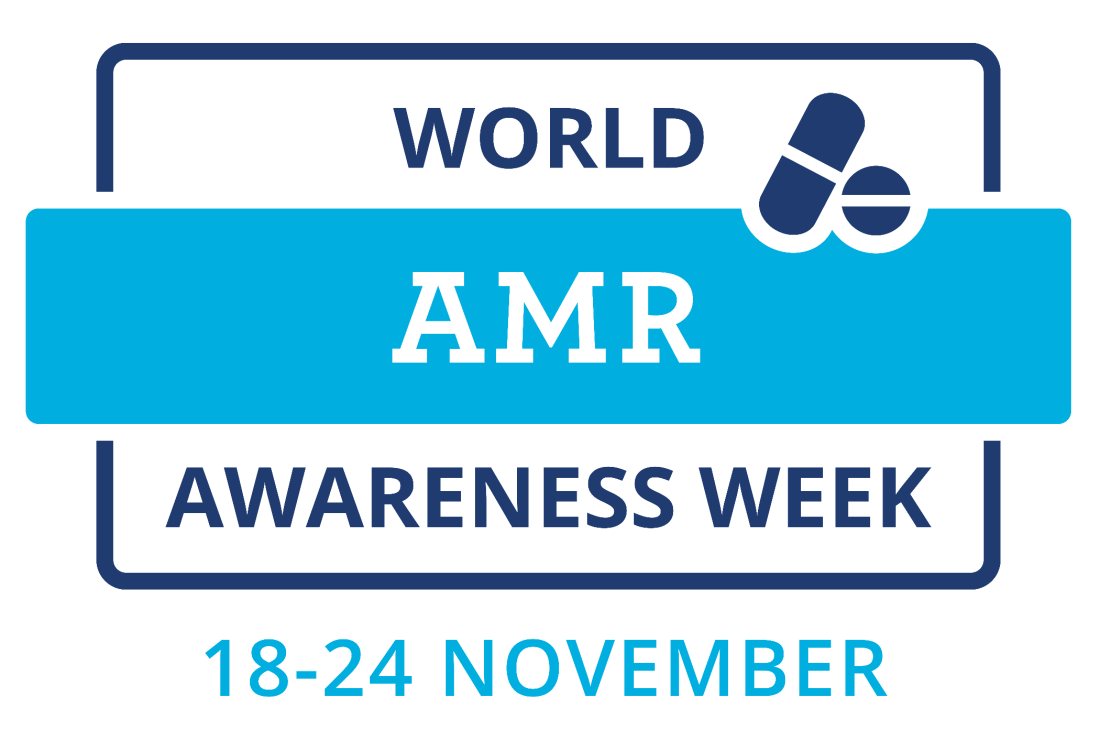GP practices, dental practices, pharmacies, urgent treatment centres, hospitals, primary schools and early years providers across Hampshire and the Isle of Wight are highlighting the importance of reducing the use of antibiotics where appropriate to ensure they work when we really need them.
Monday 18 November marks the start of World Antimicrobial Resistance Awareness Week (WAAW) which runs each year from 18 – 24 November. The theme for the World AMR Awareness Week (WAAW) 2024 is “Educate. Advocate. Act now.”
The week is all about raising awareness about antibiotic resistance and why reducing our use of antibiotics is important to everyone.
Neil Hardy, Chief Pharmacist at NHS Hampshire and Isle of Wight, said: “If you, or your child, become unwell with a viral infection this winter, such as a cold, a stomach bug or most sore throats and coughs, antibiotics won’t help you get better quicker. These infections usually get better on their own with rest, fluids and over-the-counter remedies.
“Antibiotics are essential for treating or preventing certain bacterial infections, for example during cancer treatments or routine operations, and it is so important we save them for when they are really needed. Overuse of antibiotics means that the bacteria can become resistant, and antibiotics stop working. This resistance not only impacts the person with the infection, but also their family, friends, and potentially the whole population.
“Resistant bacteria, including “superbugs” like MRSA and Clostridium difficile, are so dangerous because antibiotics don’t always work on them. They are spread by surface contact and person-to-person contact, so washing our hands regularly for 20 seconds or more with soap and water (especially before eating, after going to the toilet, and after coughing/sneezing) is very important.”
As well as regular handwashing, you can also support your local NHS and help you, and those around you, stay well this winter by:
- checking you and your family have had all your immunisations.
- catching coughs/sneezes in a tissue (and binning it).
- only taking antibiotics when you need them, when advised by your GP or other prescriber.
- following your GPs advice, or other prescriber, if you are prescribed antibiotics, by always taking them as advised and never sharing them with others.
There are of course many cases where taking antibiotics are necessary so, please follow your prescriber’s advice.
For more information on common infections, and symptoms of a serious illness when medical advice should be sought urgently from 111 or your GP, please visit the NHS website.
Parents and young people can also find a wealth of winter health advice on many common conditions on the Healthier Together website or by downloading the app. A short animation about Healthier Together can be found here: Advice for parents or carers of children aged 0-5 years
A poster for parents, carers and children regarding World Antimicrobial Week 2024 can be found here.
Information on how to keep ‘Winter Strong’ is also available on NHS Hampshire and Isle of Wight’s website.
